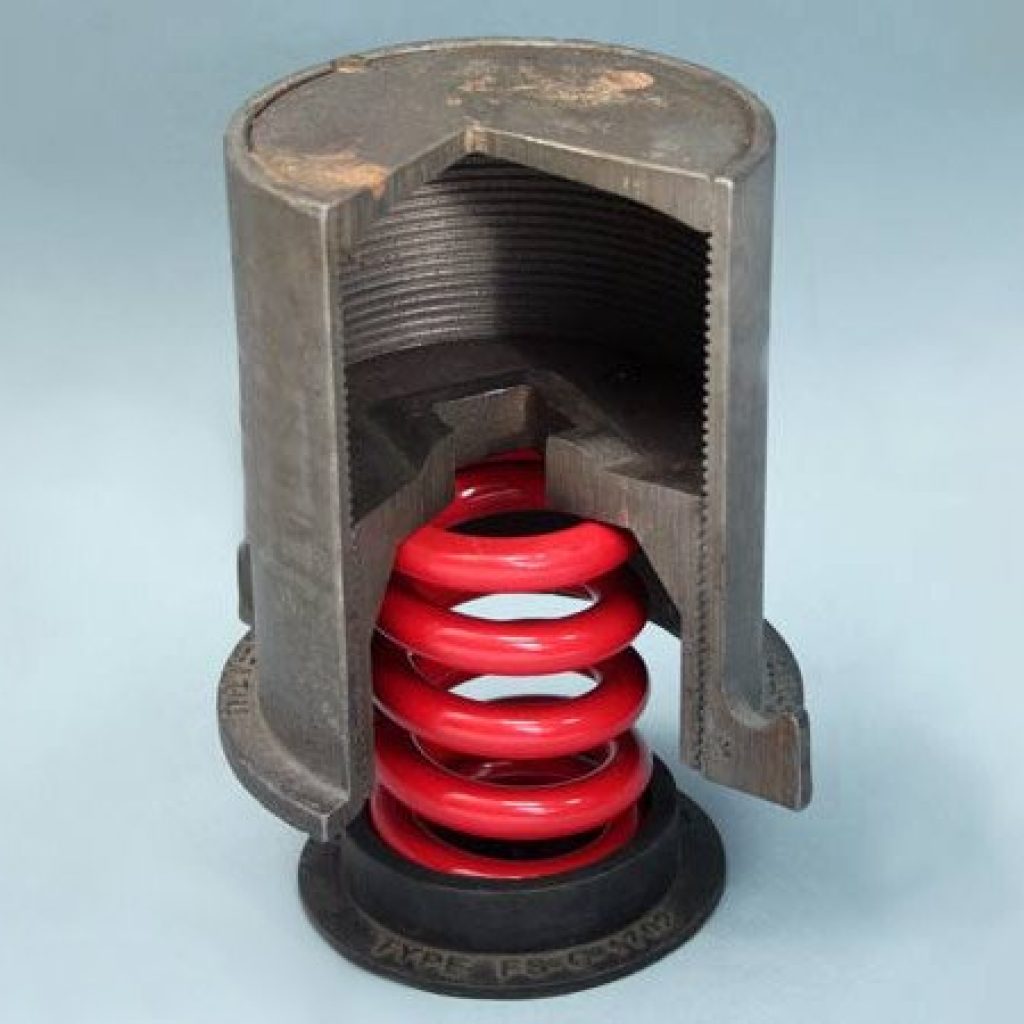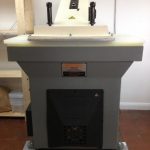Machine Shop Floating Floor Vibration Isolation, Cambridge University
The new machine shop at Cambridge University (Dept. of Chemical Engineering & Biotechnology) required a very specific response from the floating floor.
The floor had to accept very high loading, because of the equipment to be placed on the floor. This, and the mass required to compress the springs correctly required a 200mm thick floating floor.
Unique Spring Design
The springs had to provide a natural frequency of 5-6Hz. This was linked to the driving frequencies from the equipment and also a desire to avoid any chance of the floor responding to other equipment being rolled/walked across the floor.
The natural frequency of the entrapped air layer was also calculated. The air underneath a floating slab has a stiffness, which can significantly raise the system natural frequency. Following review, an air gap of 200mm was required to reduce this effect.
To achieve this high air gap the springs were installed on spacers inserted into the spring housings. To achieve the specific spring natural frequency, we could not use standard springs. Special springs were designed and wound that would give the required response and provide the vertical and lateral stiffness required in order to make the floor stable.
The installation went exactly as planned and the necessary floor performance was achieved.






